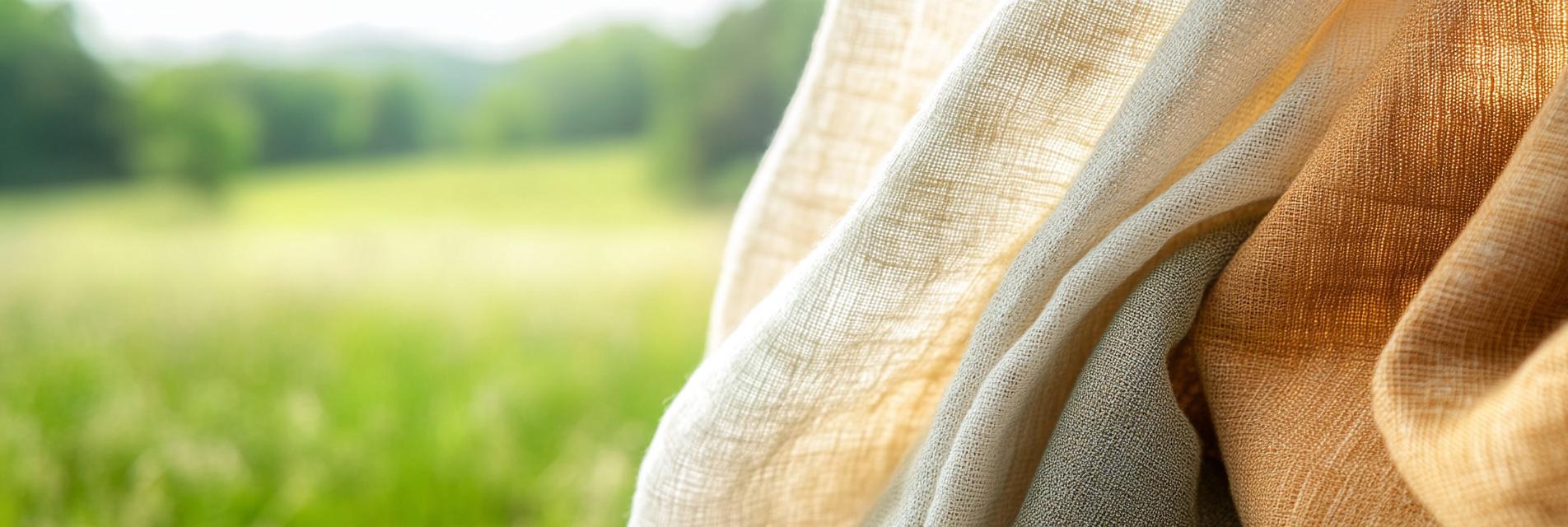In recent years, the fashion industry has faced increasing scrutiny regarding its environmental impact. As a leader in the marketing team, I have witnessed a shift towards sustainable practices, particularly in the realm of fabrics. Sustainable fabrics are becoming essential in reducing waste and promoting eco-friendly fashion.

The journey of eco-friendly fabrics began decades ago, but it has gained significant momentum in the last few years. Initially, brands experimented with a limited range of materials derived from natural fibers. As innovation progressed, we began to see the introduction of recycled fabrics and newer alternatives that prioritize minimal environmental footprints.
Sustainable textiles not only reduce the consumption of resources but also focus on the lifecycle of the fibers. By understanding how these materials are produced, processed, and disposed of, we can make informed decisions that benefit the planet. Fabrics made from organic cotton, bamboo, and recycled materials exemplify a commitment to sustainable practices.
As consumers become more environmentally aware, the demand for eco-friendly fabrics continues to grow. This trend impacts purchasing decisions, pushing brands to adapt and incorporate sustainable practices into their production lines. Our marketing strategies must align with this change, showcasing our commitment to eco-friendly solutions.

The future of the fashion industry rests upon our ability to embrace sustainable practices. As a marketing leader, I believe that promoting eco-friendly fabrics is not just a trend but a necessary shift in our approach to fashion. Together, we can drive awareness and demand for sustainable textiles, leading to a healthier planet and a more responsible industry.
